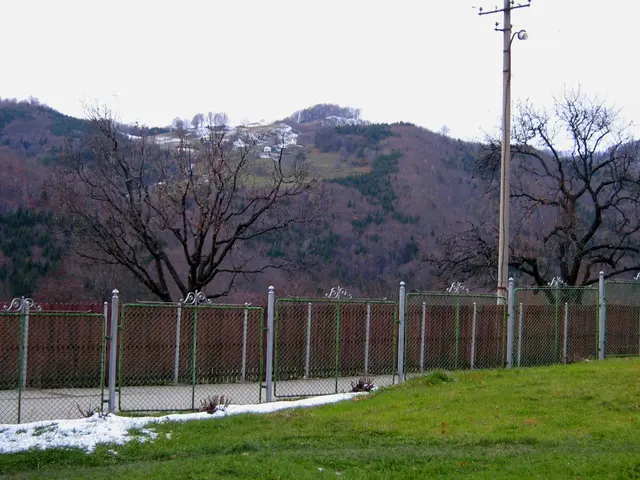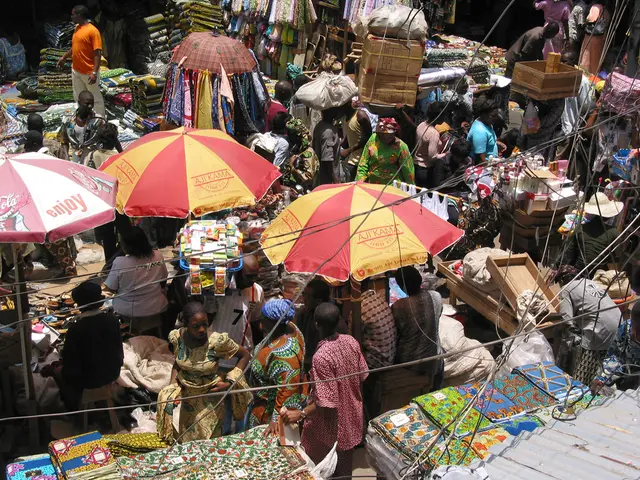Pepito advocates for an investigation into the 'free ride' practice
In the heart of the Philippines, Cebu City, the launch of the Libreng Sakay program on July 23, 2025, aimed to bring relief to thousands of commuters daily along the congested 01K route from Urgello to Parkmall. However, the program has faced a significant setback as some modern public utility jeepney (MPUJ) drivers have chosen not to participate, leaving many passengers stranded.
The reasons behind this non-participation are multifaceted. Financial incentives might not be sufficient for drivers to cover operational costs, lost income from not collecting fares, and the added burden of maintaining modern jeepneys. Operational challenges, such as the requirement for MPUJs to operate during specific peak hours, pose logistical challenges and potentially reduce overall earnings. Regulatory issues could also deter participation, as drivers may find it cumbersome to comply with requirements set by the Department of Transportation (DOTr) and the Land Transportation Franchising and Regulatory Board (LTFRB).
The impact on commuters has been substantial. With the scarcity of MPUJs participating in the program, wait times have increased, forcing many to seek alternative, often more expensive modes of transportation like motorcycle taxis. The failure of the program to provide adequate service has negated its intended economic relief for commuters, who were supposed to benefit from the free rides during peak hours.
Calls for investigation, led by Cebu City Councilor Winston Pepito, aim to understand the underlying issues and potential mismanagement of the program. Pepito, in a recent dialogue with drivers, learned their concerns about the program. He is urging the LTFRB to intervene to ensure that operators and drivers fulfill their responsibilities.
Potential solutions include expanding services to alleviate pressure on the initial route and encouraging more drivers to participate by spreading resources more effectively. The DOTr and LTFRB might also need to reassess the financial incentives and operational terms to make participation more attractive to MPUJ drivers, potentially leading to better coverage and more reliable service for commuters.
As the Libreng Sakay program continues to evolve, addressing the reasons for non-participation and implementing solutions will be crucial to its success in providing relief to commuters along critical routes in Cebu.
- Some MPUJ drivers in Cebu City, despite facing financial difficulties in managing operational costs, lost income, and maintenance expenses, have chosen not to participate in the Libreng Sakay program, causing passengers to resort to more expensive modes of transportation like motorcycle taxis, thus negating the program's intended economic relief for commuters.
- To improve the Libreng Sakay program and ensure its success in relieving commuters along critical routes in Cebu, the DOTr and LTFRB might need to re-evaluate the financial incentives, operational terms, and regulatory issues that are currently deterring MPUJ drivers from participating, and find potential solutions such as expanding services and spreading resources more effectively.




